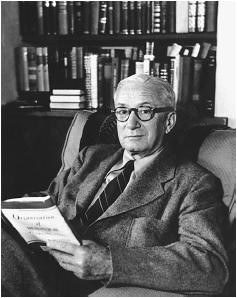
The theory of contiguity was proposed by American psychologist Edwin Guthrie. The theory states that a set of stimuli that lead to a given response, will always lead to the same response when encountered again. According to Guthrie’s approach, responses are learned through their contiguity (closeness in time), and not strengthened by reward – rewards act only as a motivation for the organism to change its response.